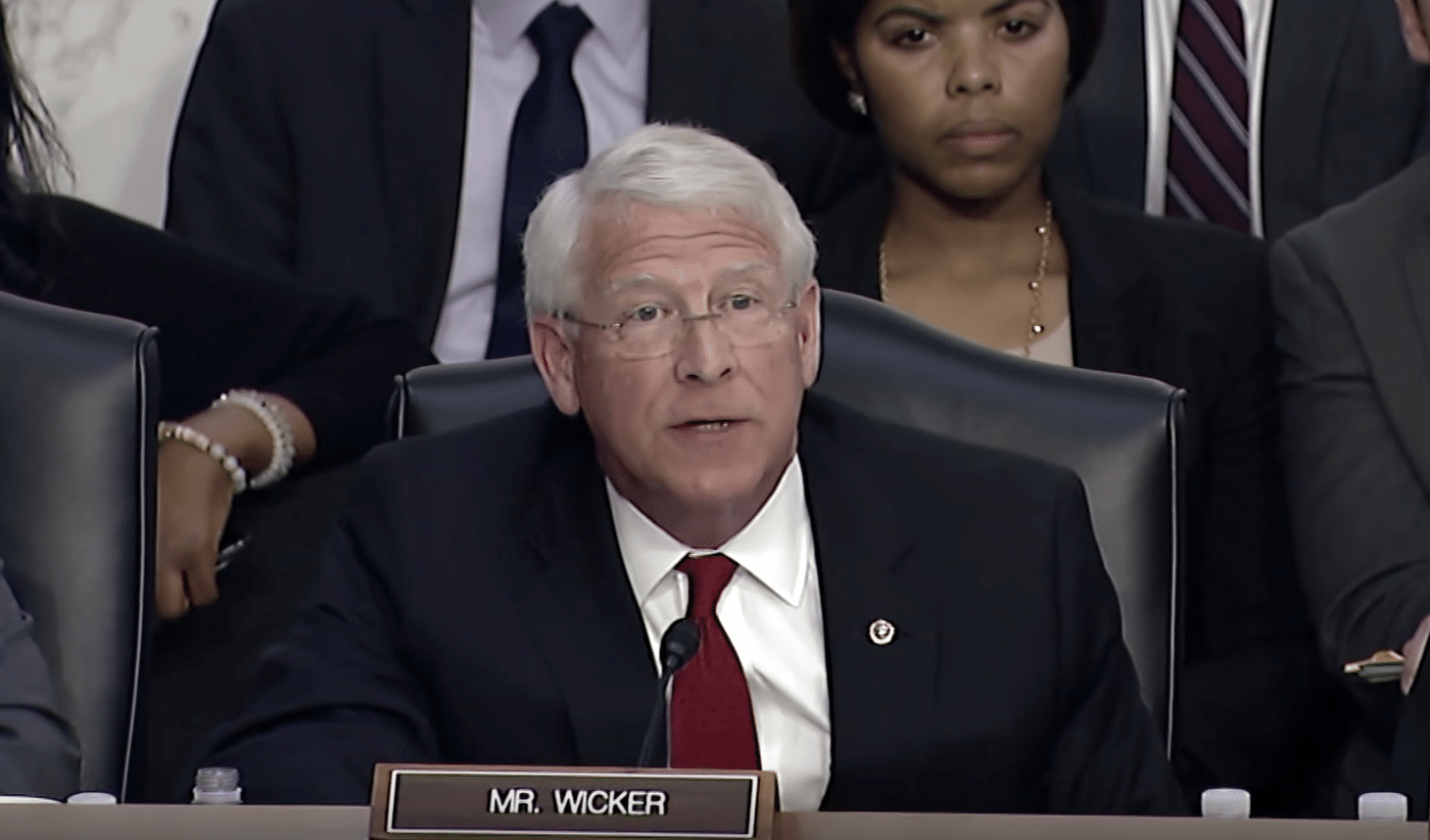The Maritime Security and Fisheries Enforcement (Maritime SAFE) Act has been reintroduced in the Senate. Senator Roger Wicker along with Senator Chris Coons, D-Del., reintroduced the Act that will promote a whole-of-government strategy to combat illegal, unreported and unregulated (IUU) fishing. IUU fishing is said to threaten the national security of the United States and food security around the world. Actors involved in IUU fishing have been known to conduct other illicit activities such as weapons, drugs, and human trafficking.
“The Maritime SAFE Act would give federal agencies greater tools to protect maritime security, lawful fishing, and the global seafood supply chain,” Wicker said. “We cannot let illegal, unreported, and unregulated fishing jeopardize the livelihoods of America’s honest fishermen or fund other criminal activities.”
The bipartisan Maritime SAFE Act establishes an interagency working group to provide federal agencies with a coordinated framework to effectively combat IUU fishing and authorizes a range of agency activities, including building capacity for law enforcement and port security, improving transparency and traceability in the seafood supply chain, promoting the use of technology to combat IUU fishing, and encouraging better information sharing among agencies and other organizations.
“IUU fishing is an issue that not only poses a serious threat to our own national security but also contributes to instability in regions important to United States interests,” said Senator Coons. “This legislation allows the United States to combat a multi-billion dollar criminal industry that undercuts the economic livelihoods of legitimate fishermen and threatens food security for communities around the world. By establishing an interagency working group and allowing federal agencies to improve law enforcement, develop a system for sharing information, and coordinate regional, national, and local action in countries affected by IUU fishing, this bill provides the United States with the requisite tools to address this important issue.”




